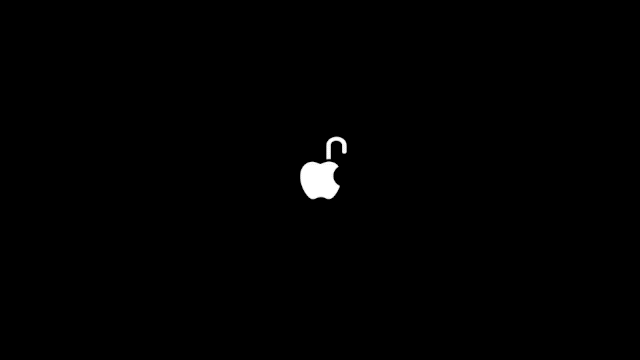„Assembled in China“

„Censorship, Surveillance and Profits: A Hard Bargain for Apple in China“ — der New-York-Times-Artikel von Jack Nicas, Raymond Zhong und Daisuke Wakabayashi — kratzt mehrere Wundstellen auf. Im Fokus sollten allerdings die iCloud-Daten von chinesischen Nutzer:innen stehen.
Apple’s China team warned Mr. Cook that China could shut down iCloud in the country if it did not comply with the new cybersecurity law. So Mr. Cook agreed to move the personal data of his Chinese customers to the servers of a Chinese state-owned company. That led to a project known inside Apple as “Golden Gate.”
Apple encrypts customers’ private data in its iCloud service. But for most of that information, Apple also has the digital keys to unlock that encryption.
The location of the keys to the data of Chinese customers was a sticking point in talks between Apple and Chinese officials, two people close to the deliberations said. Apple wanted to keep them in the United States; the Chinese officials wanted them in China. […]
But eight months later, the encryption keys were headed to China. That surprised at least two Apple executives who worked on the initial negotiations and who said the move could jeopardize customers’ data. It is unclear what led to the change.
Und weiter …
The documents show that GCBD employees would have physical control over the servers, while Apple employees would largely monitor the operation from outside the country. The security experts said that arrangement alone represented a threat that no engineer could solve.
“Chinese intelligence has physical control over your hardware — that’s basically a threat level you can’t let it get to,” said Matthew D. Green, a cryptography professor at Johns Hopkins University.
Apple widerspricht1.
Aber auch der Artikel räumt ein, dass die chinesischen Behörden diese Daten selten heranziehen, weil ihnen bereits zig andere Arten der Überwachung zur Verfügung stehen.
Aber das ist natürlich „besides the point“ und steht allem voran im starken Kontrast zu Tim Cooks Leitspruch: „Security is the foundation to privacy“.
Aber ist es fair, einer profitorientierten Firma die Rolle eines Sittenwächters aufzudrücken?
Ich finde, ja.
Im Unterschied zu anderen Firmen – die alle der chinesischen Gesetzgebung folgen müssen – schlüpfte Apple selbst in diese aktivistische Rolle. Sie haben eigenständig die Messlatte höher gelegt. Und während sie sich in anderen Ländern für ihre „harte Linie“ (zurecht) auf die Schulter klopfen lassen, muss man in China einige gravierende Kompromisse eingehen.
Der Artikel arbeitet das Kräfteverhältnis jedoch nicht deutlich heraus. Wir beobachten keine einseitige Repression, sondern zweifellos ein Armdrücken.
In der Vergangenheit nahm die chinesische Führung Apples elektronische Stores offline. Mittlerweile sind Gesetze einführt, die RSS-Reader, VPNs und Spiele verbannen sowie ein Mitspracherecht von App-Store-Veröffentlichungen diktieren. iCloud-Daten empfinde ich in diesem Kontext als die nächste Treppenstufe der Eskalation.
Und trotzdem bleibt es ein Kräftemessen: Apples Produkte sind in China extrem populär; Apple selbst ist ein großer Arbeitgeber und dient China als Musterbeispiel für die Zusammenarbeit mit westlichen Unternehmen. Was mit Firmen passiert, die keinen entsprechenden Einfluss ausüben, war erst Anfang dieses Jahres zu beobachten, als China das schwedische Kleidungsunternehmen H&M aus dem Land fegte. Es warf für China die kritische Frage auf: Warum sollten sich kleinere Firmen überhaupt in diesen Markt wagen?
Mir scheint, dass keiner der beiden Handelspartner bereit für eine Trennung ist. Es fühlt sich aber so an, als ob China mittlerweile sehr strategisch ihre „Choke points“ setzt. Apple versucht durch die Auslagerung ihrer Produktion in Länder wie Vietnam und Indien seine Verhandlungsposition zu stärken.